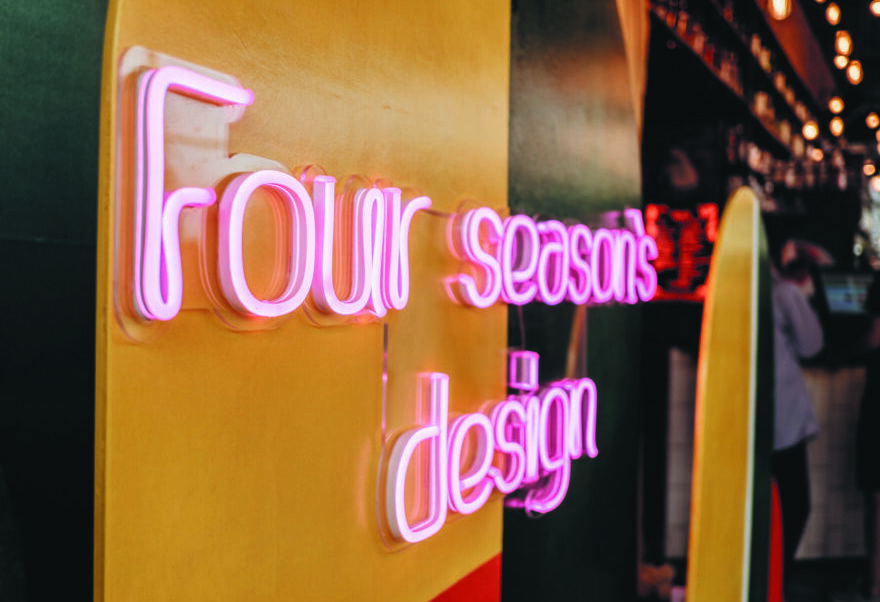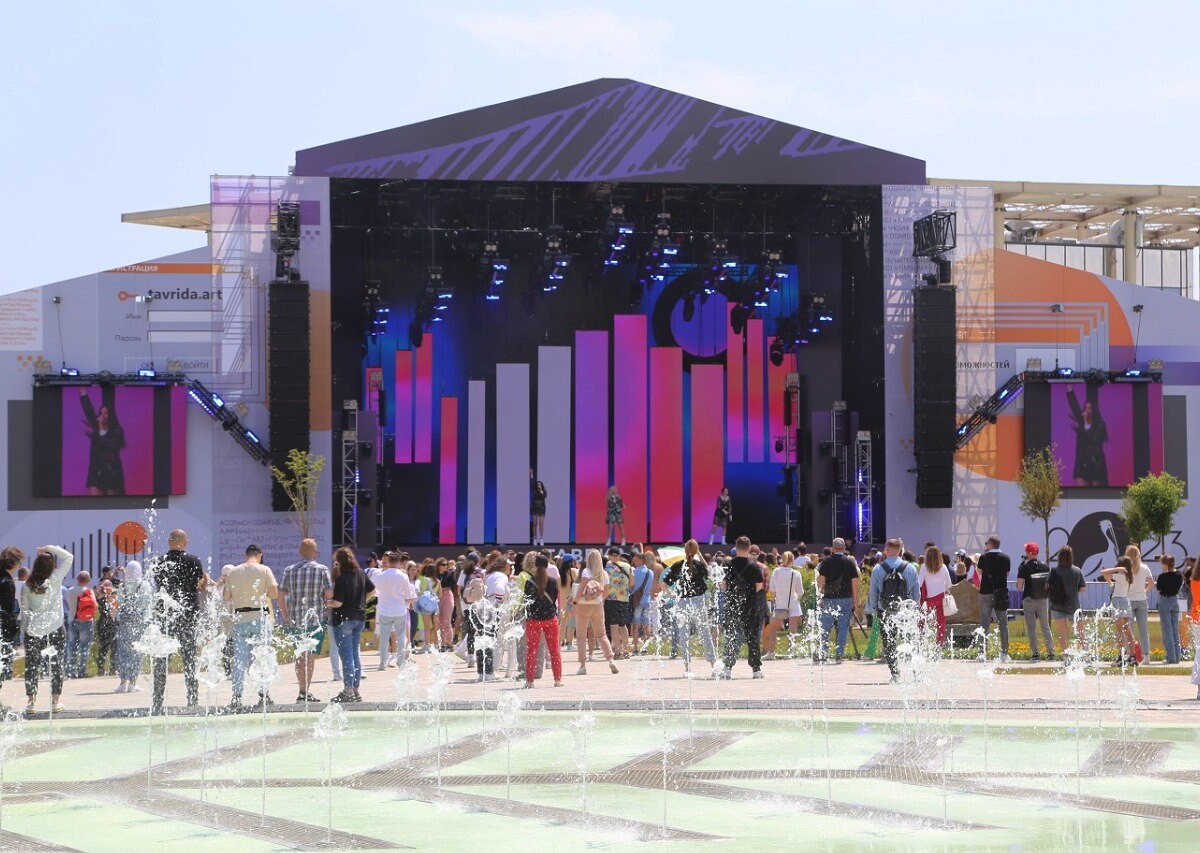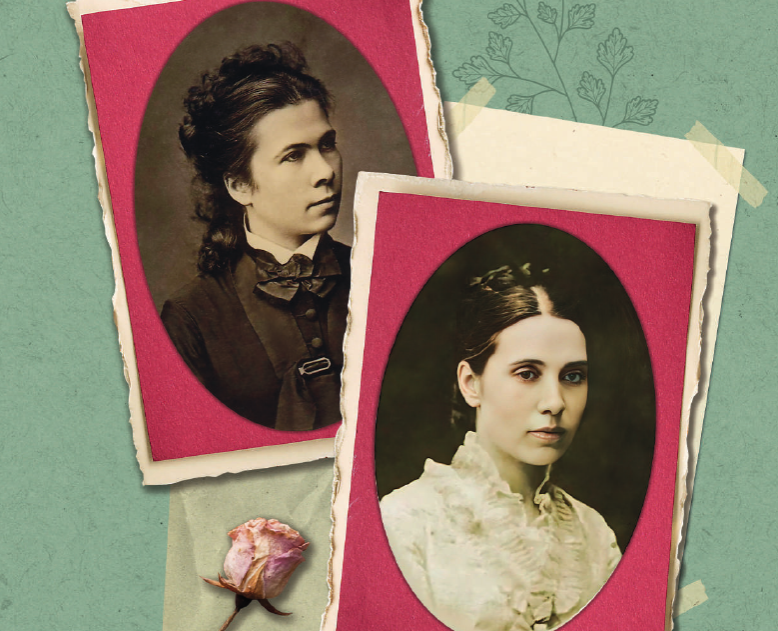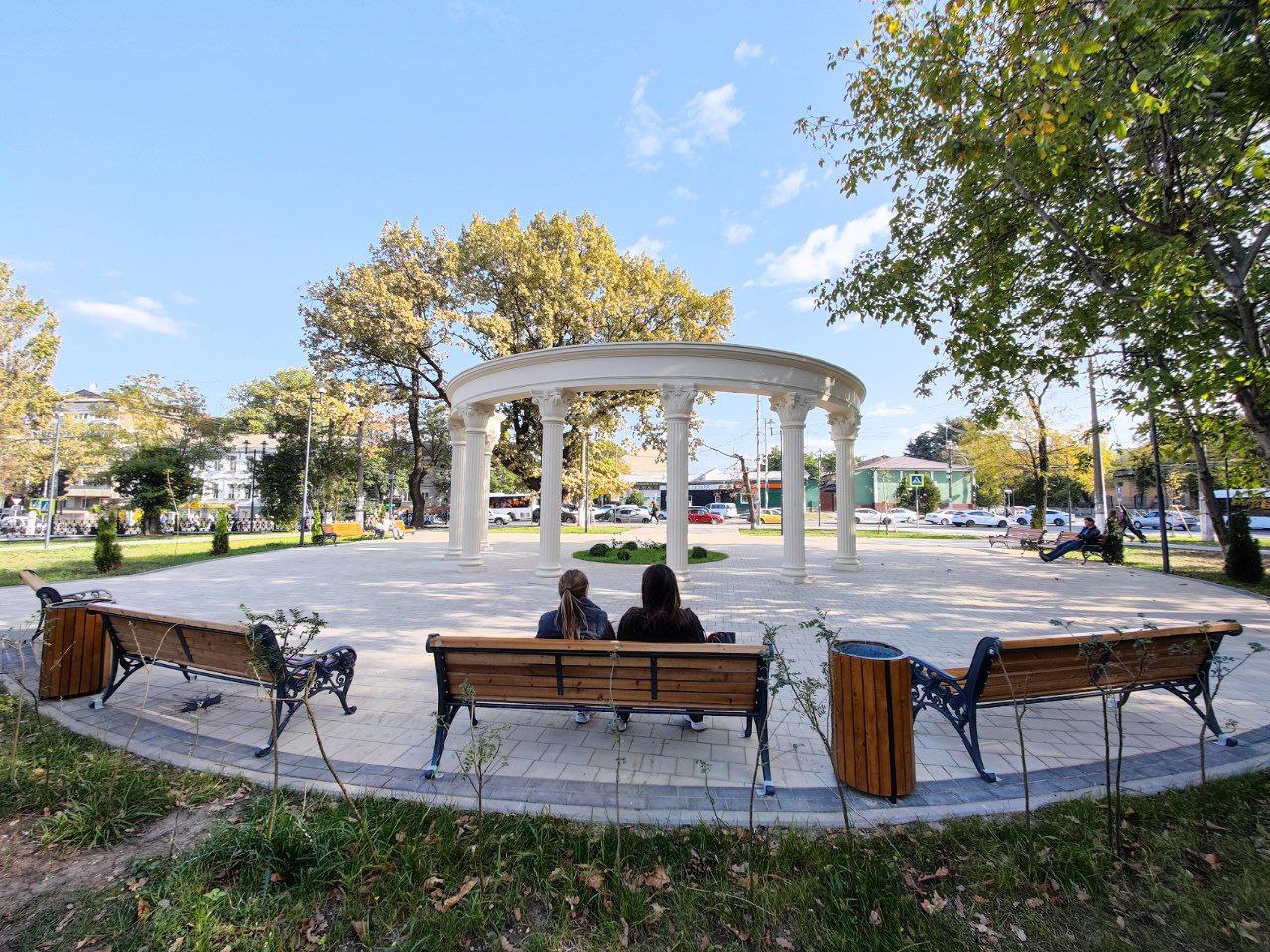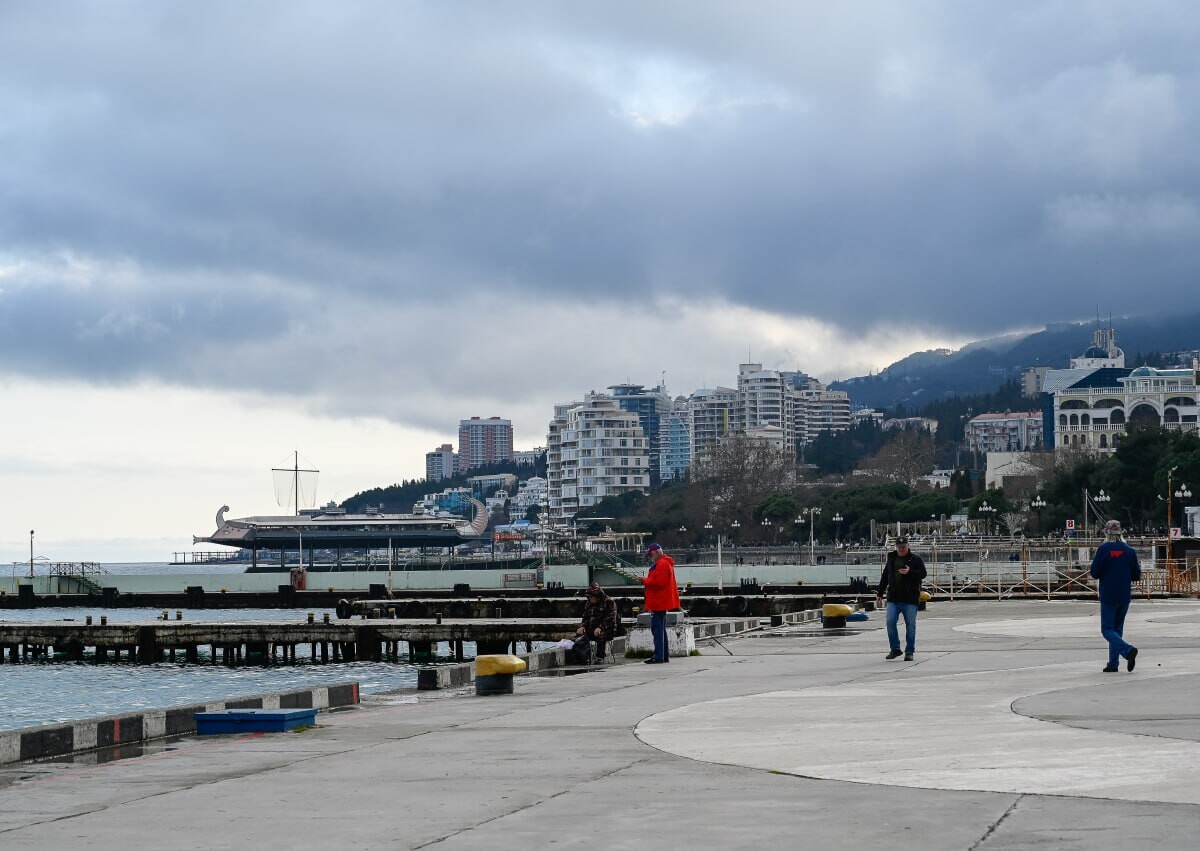At the press conference, a graduate of the Crimean State Medical University and CEO of the State Dental Clinic in Abu Dhabi Nabil Al-Khatib said that the current political situation didn’t impact on his educating process in Crimea or possibility to arrive in the peninsula with an aim of attending the conference.
“To my mind, the political situation I have faced with doesn’t affect neither my education process nor my conference visit at all. I don’t see any problems. From the tourist point of view, it can be a dilemma. However, nobody prohibited me to come to the Republic of Crimea”, — Nabil Al-Khatib told.
A student of the Politology Department of the V.I Vernadsky Crimean Federal University Cadrol Mpyui-Nguala from the Republic of Congo told that he had wished to come to Russia since school years.
“Some questions have been raised about my trip to Russia, but only after my visit to Crimea. Previously, nobody paid attention to such aspects, as students don’t choose a region they will get their education in. We are able only to select a country. Taking into consideration the Congolese pupils’ nice marks and pleasant school results, our government sends these citizens to get education in foreign countries right after they finish their schools. Every year, the Russian Federation receives about a hundred of students from the Republic of Congo. As for me, I love and respect Russia very much. I don’t regret I am getting knowledge in this country and within the Republic of Crimea. I like to be here”, — the Congolese student mentioned.
Since 1961, institutes and universities of Crimea have provided more than 25 thousands of foreign students from a hundred of countries with diplomas of higher education. Nowadays, notwithstanding Western countries’ sanctions and wide spreading of COVID-19 in the world, Crimea still remains a large international scientific-educational center. Currently, more than two thousands of foreign students from fifty countries study at universities of the Republic of Crimea.
Reference: KIA


